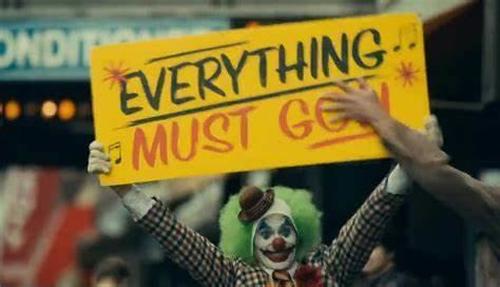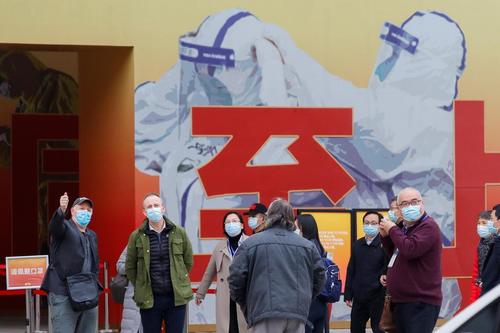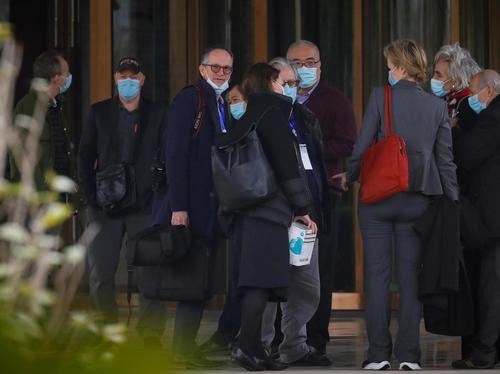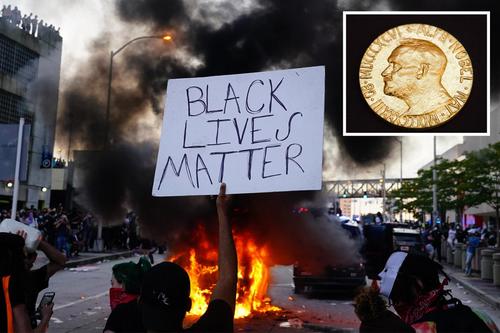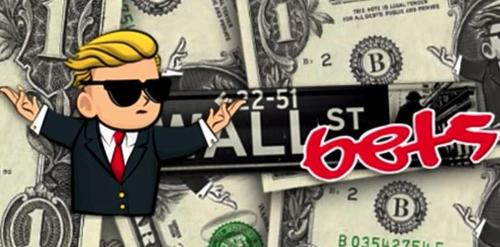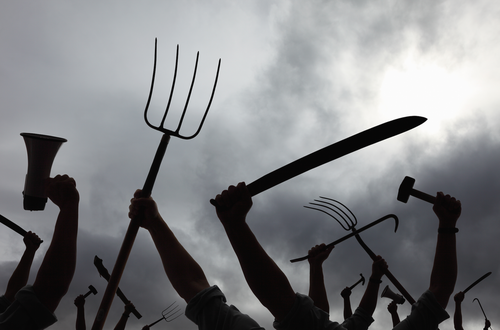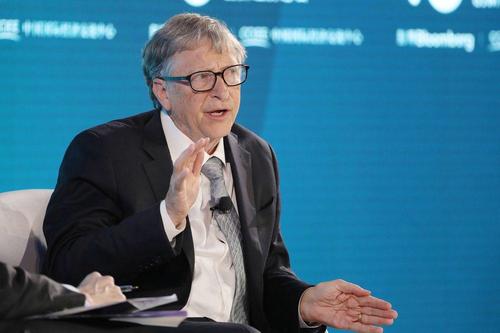
A king wanted to audition a new court singer, so his underlings crossed the land, listening to everyone who wanted the job. Finally, they brought two finalists to perform for the king. When the first finished, his majesty said “That’s the worst singing I’ve ever heard” and immediately gave the job to the second singer.
What was his mistake?
He hired someone who might be even worse.
There’s an economic lesson here. The market’s failure to produce an ideal outcome cannot alone justify activist policy, because governments can, and usually do, also fail to produce the ideal. Since perfection isn’t possible, in market processes or in political processes, we need to ask which approach is likely to be better. The case for government intervention must always be comparative.
As I write, Congress is debating a second COVID-19 relief bill. As with the first pandemic bill, both the Democratic and the Republican versions of the legislation contain provisions whose relationship to COVID-19 relief is not clear. The original Republican bill in the Senate contained around $29 billion in military spending, with $8 billion for weapons procurement, including attack helicopters and hypersonic weapon defense. The Democratic version passed by the House in May repeals the $10,000 limit on state and local income tax deductions, and other Democrats have said that a stimulus bill could be combined with spending on climate change and infrastructure after President Joe Biden takes office. Whatever the merits of these proposals, their connection to COVID-19 is minimal at best.
Such spending shows how even well-intended programs end up looking very different after they make their way through the political process. (Each year, state, federal, and local governments combined spend about $1.2 trillion on assistance for the poor, not counting Medicaid. It would take about $200 billion, or one-sixth of what we actually spend, to pull every American family out of poverty.) Whatever the estimated cost of a new long-term program might be when it’s being debated, the eventual cost will be much greater, as we’ve seen with everything from Social Security to Medicaid. By its very nature, the political process transforms clean proposals into messy, more expensive, realities.
Why does this transformation almost always happen? The answer can be found in public choice economics. The founders of public choice theory—among them James Buchanan, winner of the 1986 Nobel Prize in economics—started from the observation that when economists model political choices, they should make the same assumptions about human motivation that they do when they model economic choices. Why should we believe that the broadly self-interested people who occupy economic models suddenly become concerned only with the public interest when they enter the political arena? This posed a problem for the way many economists approached public policy: Until then, it had been as though they were advising a benevolent dictator rather than engaging in a system populated by real human beings who were no more or less self-interested than those in economic models.
In fact, human beings are always looking to improve their well-being through exchange. This observation is core to economists’ understanding of the market; public choice applies the same logic to politics.
The main implication is that for a policy proposal to be accepted, it has to be compatible with the incentives faced by the political actors who will pass it. If it isn’t, the proposal will get transformed into something far messier in order to serve those political interests. For example, unnecessary spending and unrelated programs might be added, as they were to the COVID-19 bills.
Consider the budget deficits that the federal government has run almost every year since the end of World War II. At the beginning of that period, macroeconomists argued that it was OK to balance the budget over the course of a business cycle rather than every year. That way, governments could run deficits during recessions and then make up for them by running surpluses in the good years. This sounds good in theory, but in practice it has produced endless deficits: Spending more and taxing less better serves the vote-seeking interests of members of Congress than does cutting spending and/or raising taxes, even during boom times. Self-interested politicians will pretty much always produce deficits, no matter what economists tell them.
This process can produce far-reaching and long-lasting unintended consequences. One example is the creation of the Federal Reserve System. This was no one’s idea of a blackboard central bank; its unusual structure, which involved 12 powerful regional banks overseen by a weak Federal Reserve Board in Washington, reflected the political interests of the various players in banking policy in the early 20th century. That decentralized structure was one reason the Fed failed to maintain a sufficient money supply at the start of the Great Depression, as there was no federal group responsible for day-to-day monetary policy.
Many New Deal–era programs fit this story, from the various agricultural programs to the creation of federal deposit insurance; so does the byzantine mess that is the U.S. health care system. The incentive structure of politics produces policies with unanticipated problems, which then lead to calls for more interventions that cause a new set of problems, ad infinitum.
The history of these programs is a warning signal for advocates of proposals like the Green New Deal and the universal basic income: They’re going to cost more than you think. They’re going to contain many messy vote-seeking and power-consolidating pieces that were not in the advocates’ best-drawn plans. And they are likely to produce problematic unintended consequences that you have yet to consider. Public choice should make us highly skeptical that a basic income could ever replace the current welfare system, for example, as opposed to being appended to it.
This is not a partisan issue. No matter who has the majority in either house of Congress, they will face the same incentives to seek votes by spending money and to defer the costs of new programs into the future. The specific ways that thoughtful proposals are transformed into problematic programs may differ by party, but the overarching story is the same.
The people who propose new interventions will sometimes vaguely recognize these problems. But that recognition is usually couched in terms of the need for “political compromise” or other language that makes the issue seem more incidental and less fundamental.
But it’s not enough to say, “Those are political problems that we’ll deal with later.” Whenever a proposal to give government more power or resources—or even to restructure its existing power and resources—is being debated, it has to take these realities into account from the start. If you say you think some regulation will improve matters but that you don’t trust the political process to “get it right,” you don’t really think it will improve matters. The relevant standard of improvement has to build in the institutional incentives of the political process. Otherwise it is just wishful thinking. Only if policy makers can convincingly show that a reform will both ameliorate the problem at hand and be in politicians’ self-interest to enact should such a proposal move forward.
Markets are far from perfect, but they channel our self-interest in ways that serve others. Political processes have imperfections too—but imperfections that are far worse at wringing socially beneficial results out of the self-interest and ignorance that characterize the human condition. You can’t count on governments to either “follow the economics” or “follow the science,” because their job is to follow the politics. We must be wiser than the king and listen carefully to the second singer before hiring him.
from Latest – Reason.com https://ift.tt/39wIpuu
via IFTTT
